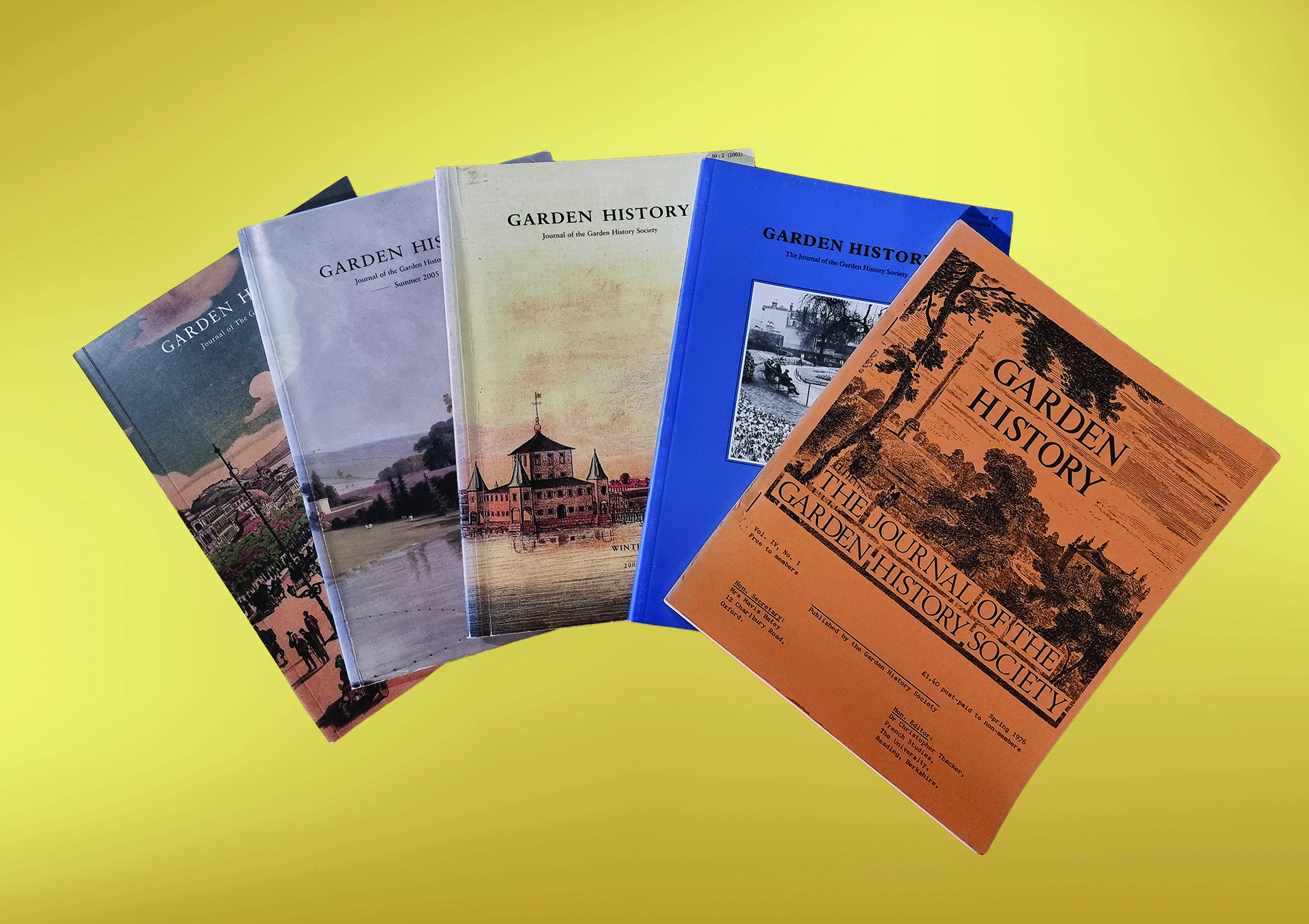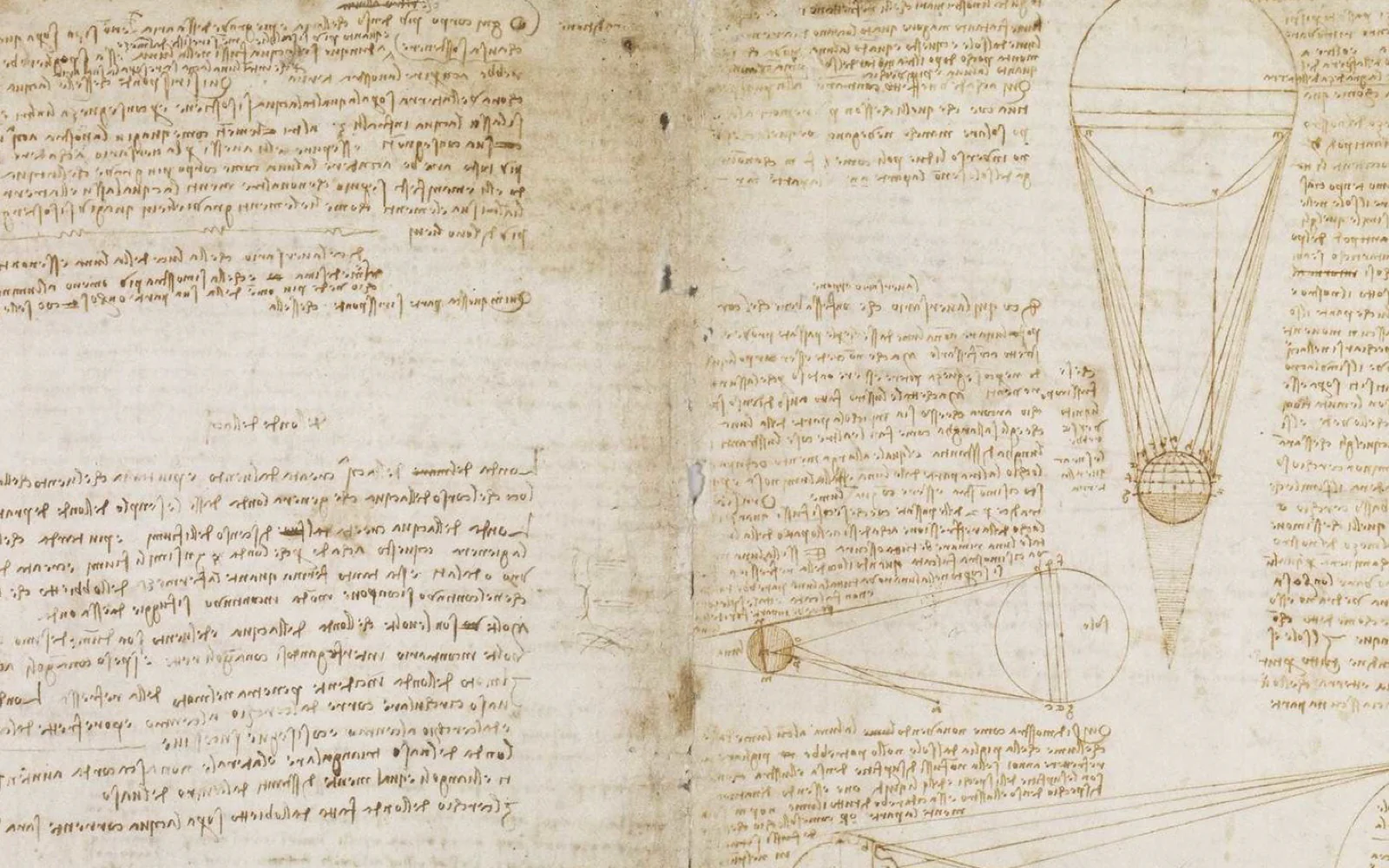History journals have long been the custodians of our past, offering insights into ancient civilizations that continue to influence our world today. These journals meticulously compile and publish papers, each article acting as a portal to times long gone. As scholars unravel the complex tapestry of ancient societies, they contribute to a richer understanding of history. The study of these civilizations isn’t just about unearthing facts, it’s about connecting with the humanity of our ancestors. For students and researchers looking to deepen their engagement with history, services like write my essay fast can assist in crafting insightful and timely analyses of these historical studies. Each page of these history journals is a testament to the enduring legacy of ancient cultures, revealing how their innovations, philosophies, and daily lives have shaped the modern world. This exploration is not just an academic exercise but a journey that reaffirms our place in a continuum of human history.

The Renaissance of Historical Research: Reviewing Modern Techniques
The Renaissance period marked a rebirth in many areas, including historical research. Modern techniques in reviewing recent historical literature have revolutionized how historians approach this era. Special issues in journals often focus on the fifteenth century, utilizing advanced methodologies to shed new light on old narratives. This approach has not only enriched our understanding of the Renaissance but has also set a standard for contemporary scholarship. The established reputation of historical journals in publishing well-researched articles ensures that the knowledge shared is both accurate and insightful. These review articles often act as a bridge between the past and the present, offering new perspectives on well-trodden paths. The Renaissance of historical research signifies a distinguished debut in the way we comprehend and appreciate history, thanks to the relentless efforts of historians and their innovative methodologies. Another service offered by presentation writer from Paperwriter.com focuses on the academic field, specifically for projects like History Journals Revealed. This service provides detailed and insightful presentations that delve into the discoveries and discussions found in various history journals, making complex historical debates and findings more accessible and engaging for academic or educational audiences.
Review Recent Historical Literature: A Critical Analysis
The task to review recent historical literature is pivotal in the academic world. Historians diligently comb through pages of new articles, assessing their contribution to the vast tapestry of world history. This critical analysis is not just a scholarly exercise but a vital process in maintaining the integrity and progression of historical studies. The most cited articles often become the cornerstone of future research, guiding early career scholars in their endeavors. The review process in historical journals is rigorous, ensuring that only the best contemporary scholarship is highlighted. This careful scrutiny extends beyond merely adding to the body of knowledge, it challenges existing narratives and opens new avenues for exploration. The critical analysis of recent historical literature is, therefore, an essential aspect of historical research, fostering a dynamic and ever-evolving understanding of our past.

The Impact of Digital Era on Historical Journal Accessibility
The digital era has dramatically transformed the accessibility of historical journals. The shift to open access platforms has democratized the availability of scholarly articles, making it possible for a wider audience to engage with historical research. This development is particularly beneficial for early career scholars and students who might not have had access to such resources previously. The convenience of obtaining full text articles with just a few clicks has encouraged more people to delve into the intricacies of history. Email alerts and digital subscriptions have also made it easier to stay updated with the latest research. This increased accessibility has not only broadened the reach of historical journals but has also fostered a more inclusive scholarly community. The digital era has, thus, played a crucial role in bridging the gap between historical research and the public, making history more accessible and engaging than ever before.
Unraveling the Mysteries of Medieval History Through Scholarly Articles
Medieval history, with its rich tapestry of events and cultures, presents a fascinating field for historical exploration. Scholarly articles in history journals play a crucial role in unraveling these mysteries. Each article is a piece of the puzzle, offering unique insights into the life, politics, and culture of the medieval world. Historians publish papers that delve into the minutiae of medieval life, from the grandeur of courts to the struggles of common folk. This research is instrumental in debunking myths and providing a more nuanced understanding of this period. The journal aims to not only inform but also challenge preconceived notions about medieval society. As scholars continue to publish groundbreaking research, they contribute significantly to our understanding of a period that shaped much of our contemporary world.
The role of these journals goes beyond mere information dissemination. They challenge preconceived notions about medieval society and encourage readers to view this historical period through a fresh lens. As scholars continue their rigorous research and publish groundbreaking studies, they significantly enhance our understanding of a time that was foundational in the development of contemporary civilizations. This ongoing academic endeavor is crucial for appreciating the complexity and richness of medieval history, a period that continues to captivate and inspire scholars and enthusiasts alike.

The Evolution of Historical Journal Publishing Over Centuries
Historical journal publishing has undergone a significant evolution over the centuries. From hand-written manuscripts to digital publications, the journey reflects the broader changes in the academic and technological landscapes. The evolution of these journals is not just about the format in which they are available but also about the breadth and depth of topics they cover. Earlier, journals were limited to certain geographies or periods, but now they encompass a wide range of subjects, covering various aspects of world history. This evolution has also seen a shift in how journals review and publish papers. The rigorous peer-review process ensures that the articles meet the highest standards of scholarly research. The dynamic nature of historical journal publishing reflects the ever-changing landscape of historical research and its continuous adaptation to modern needs.
Bridging Past and Present: Interdisciplinary Approaches in Historical Research
The integration of interdisciplinary approaches in historical research has created a bridge between the past and the present. Historical journals now often feature articles that combine methodologies from various disciplines, offering more holistic perspectives on historical events and figures. This approach not only enriches historical research but also makes it more relevant to contemporary issues. For instance, combining history with sociology or anthropology can provide deeper insights into the societal impacts of historical events. This interdisciplinary method has also opened doors for collaborations between historians and experts from other fields, fostering a more inclusive and comprehensive understanding of history. As historical journals continue to embrace these interdisciplinary approaches, they offer a more nuanced and multi-faceted view of the past, one that resonates with the complexities of the present world.